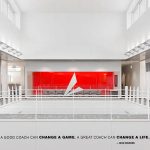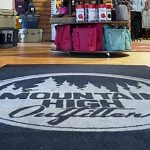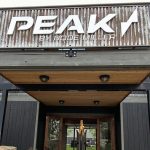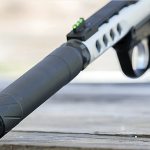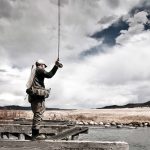Esquif Canoes Inc. closed its doors March 16 after selling its assets, the company announced in a terse statement on its web site.
“It is with great sadness that we announce today that Esquif Canoes Inc. has stopped operating Monday March 16, 2015,” reads the message. “Various elements forced Esquif to dispose of its assets and end production.
For over 15 years, we worked hard to design and build the best canoes in the world and we want to thank all our customers and friends. Mission accomplished!”
While founder Jacques Chasse could not be reached Wednesday, the Quebec-based maker of canoes had been striving to develop a substitute for Royalex, a plastic material that was discontinued by its sole supplier a year ago. Royalex is a lightweight, durable and relatively inexpensive plastic material that offered canoe manufacturers an attractive price point between rotomolded polyethylene boats and fiberglass, Kevlar and carbon fiber models. Royalex canoes are popular with whitewater paddlers and outfitters because their hulls can often be popped back into their original shape after being dented.
is a lightweight, durable and relatively inexpensive material that has
offered canoe manufacturers an attractive price point between rotomolded
polyethylene boats and fiberglass, Kevlar and carbon fiber models.
Royalex canoes are popular with whitewater paddlers and outfitters
because the hulls can often be returned to their original shape after
sustaining major dents after colliding with rocks. – See more at:
http://outdoorindustry.org/education/library.php?newsId=18916&newsSubType=Manufacturing&action=display#sthash.YAc1UhX4.dpuf
In May 2014, Esquif announced plans to begin using its own proprietary material dubbed T-Formex in its boats, but industry sources say the company was never able to produce the material in commercially viable volumes.

